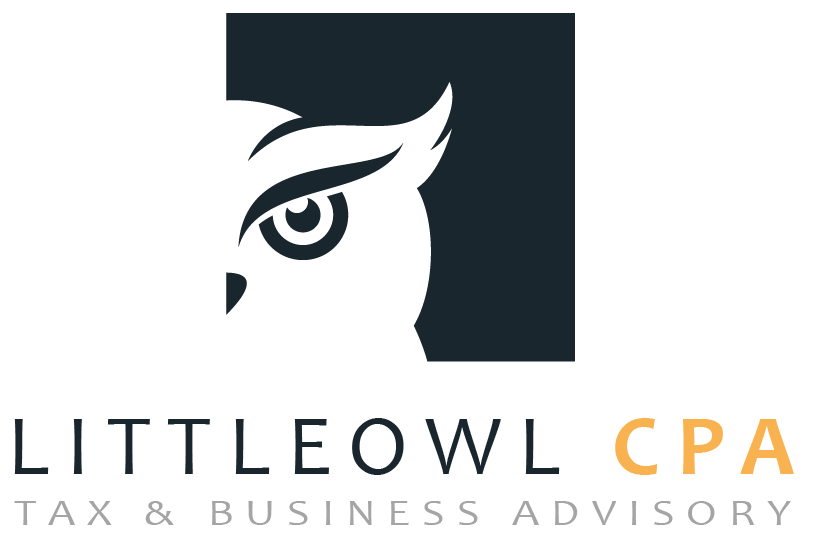For small business owners, financial recordkeeping isn’t just a box to check—it’s the foundation of smart decision-making, tax compliance, and long-term success. Whether you’re running a service-based company, managing an online store, or consulting on the side, maintaining organized and accurate financial records can mean the difference between growth and chaos.
In this guide, we offer five expert tips tailored specifically for small business clients to help you implement efficient, compliant, and scalable record-keeping practices.
Why is financial recordkeeping important?
- Cash Flow Management: Timely financial data helps you monitor income, expenses, and profitability.
- Loan Readiness: You’ll be ready for when lenders or investors ask for financial statements and documentation.
- Strategic Decision-Making: Good documentation provides a clear picture of how your business is performing and provides an insight into what’s working and what needs to change in your business.
- Tax Compliance: You’ll be able to file accurately and in a timely manner, with proper deduction claims and audit protection.
Tips for Expert Small Business Financial Recordkeeping
Here are our experts’ top tips for maintaining financial records:
Tip #1: Separate your business and personal finances.
- Open a separate business bank account and credit card.
- Consider paying yourself or have owner distribution’s rather than using business funds for personal expenses.
Tip #2: Use your records for more than just tax compliance.
- Financial recordkeeping on a year-round basis allows you to see greater patterns and trends in your business. This empowers you to grow your business and find new ways to save/maximize funds.
- You’ll be able to pick up fluctuations and new trends that may not necessarily be the best for your business.
Tip #3: Make technology do the work.
- Cloud-based accounting tools provide real-time visibility, automation, and easy access for you and your accountant.
- Here are some examples of what software can automate versus relying on spreadsheets only:
- Bank integration
- Invoicing and payment tracking
- Expense categorization
Tip #4: Track the key details.
- Every transaction should have either a paper or digital trail. By not maintaining proper record-keeping that can lead to lost deductions or income, incorrect filings, or IRS issues.
- The IRS recommends tracking assets, employment taxes, and more.
- You should be consistently and reliably tracking the following:
- Invoices and expense receipts
- Payroll records
- Bank and credit card statements
- Loan documents and leases
- Tax filings and notices
- Mileage and business use of home expenses
Tip #5: Actively use your records to stay ahead of deadlines.
- Small business have to remember multiple deadlines for quarterly estimates payments and annual tax filings. Depending on the business, you will also need to maintain various payroll filings on a monthly or quarterly basis as well as sales-tax filings.
- To save for taxes, it’s best to set aside approximately 25 to 30 percent of income after expenses. Doing so saves the stress of gathering funds at the time of filing.
If you have questions about how this topic will impact you, Team LittleOwl CPA is here to help. Schedule a discovery call today!


